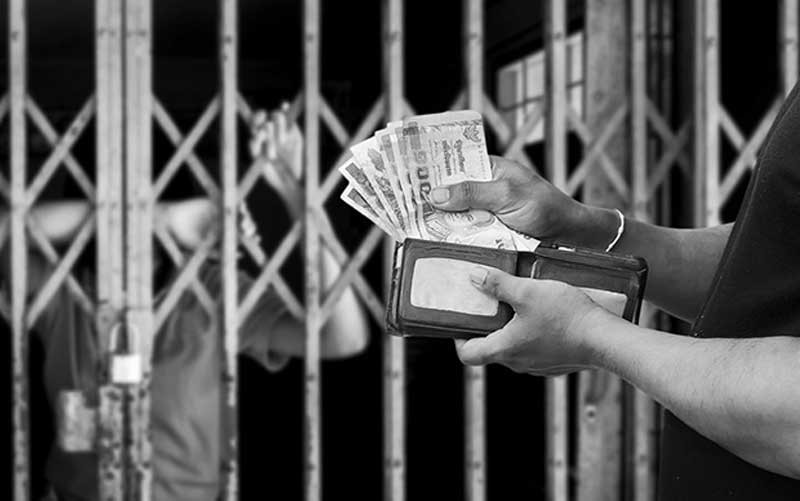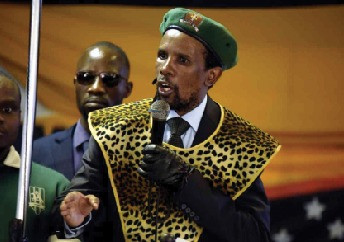
The Covid-19 pandemic hit developed countries disproportionately compared to countries in sub-Saharan Africa. Many health systems in the European Union were left understaffed as a result of the carnage that accompanied the pandemic mainly during its first year when vaccines were still being developed. The UK, for example, was left with a staff deficit of about 40 000 health personnel.
Young people in sub-Saharan Africa saw an opportunity in this. Zimbabwe has been at the forefront of the migration to take up these jobs. But that has come with its own problems: in the euphoria to migrate and seek better lives abroad, many young Zimbabweans, especially women, have enrolled in three-month courses in what is called care work, on completion of which they are shipped to the UK, the preferred destination for historical reasons.
But the majority of them have not been circumspect about who is recruiting them and facilitating their passage and employment in the new homes. That has presented a major problem, according to reports emanating from the UK and other European countries. It turns out there is an elaborate ring of crooks who have grabbed the chance to exploit these desperate people. The result has been that the whole process of recruiting, training and transportation of these young people is in fact human trafficking. Human trafficking is quickly become the biggest source of illicit money; some say it has overtaken drug trafficking.
When people are moved across borders through fraud so they can provide some type of labour, they have been trafficked. It is now in the public domain that the people who have opted to go and do care work abroad are bonded by those who have facilitated their movement. When they get the jobs, they surrender as much as 50% of their earnings to the traffickers ostensibly to pay back for the training and transportation they got. This leaves the young people with not enough for self-sustenance. For the young women, the choice is stark; in the worst case scenario they move into prostitution to survive. Lucky ones find men to cohabit with or marry. No wonder then, why young women in the diaspora quickly get in and out of “marriages”.
Before the huge demand for caregivers, recruitment was done by professional bodies and people could check with say, the British Council, whether employment agencies involved were bona fide outfits whose credentials could be verified. Often the recruits, who were properly qualified nurses and doctors, were employed by the UK’s National Health Service. But now the half-cooked caregivers mostly don’t qualify for positions in the NHS so find themselves working for private homes which are difficult to monitor.
The debate about these trafficked people should be escalated to the British parliament where it should be treated with the seriousness it deserves and an audit made across the country to stop it. The UK government must play its part to stop this disgrace.






